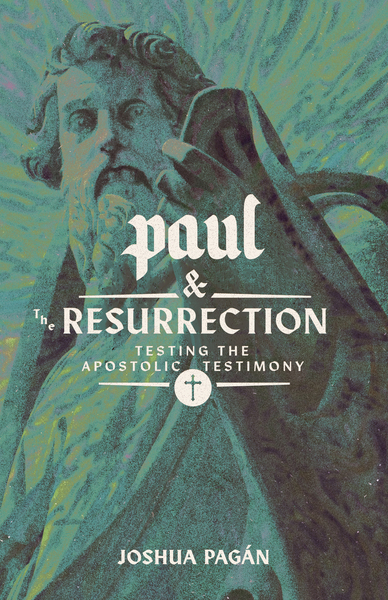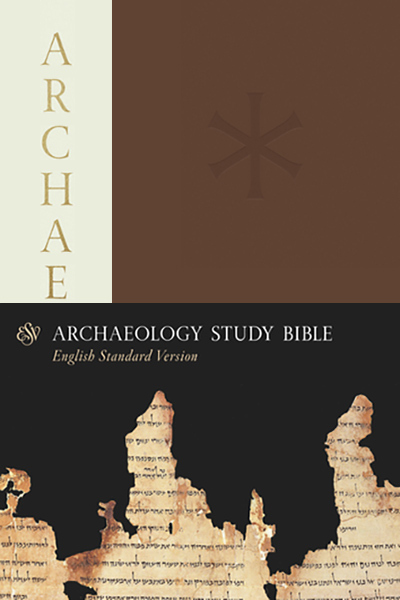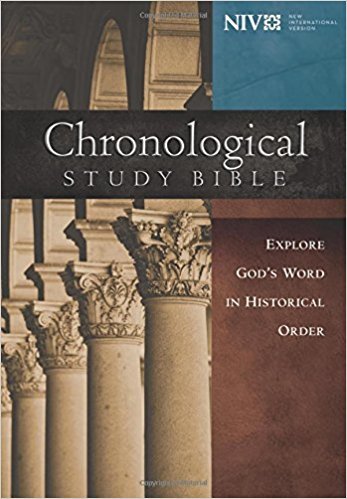



For the contemporary believer, Paul’s role in the historical setting of the Resurrection is far more than a matter of theological curiosity. The Christian justification for rational belief in the Resurrection is in large part anchored in Paul’s justification for rational belief in the authenticity of his own experience. In Paul we find the earliest and best attested documentary evidence for a historical investigation of the miraculous event. Moreover, his epistles are an indispensable source of independent corroboration of the gospel narratives.
Opponents of Christianity have formulated a variety of hypotheses to account for Paul’s experience on the Damascus Road. Some propose that Paul was deceptive; others argue that he was deluded; and still others contend he came to believe a legendary development. Yet according to the Christian hypothesis, Paul’s claim to have encountered the risen Jesus is dependable, and his testimony can be shown to withstand the scrutiny of critics. In this innovative, interdisciplinary study, Pagán combines the analytic tools of history and philosophy to explore and evaluate competing explanations of Paul’s belief in the Resurrection of Jesus.














































